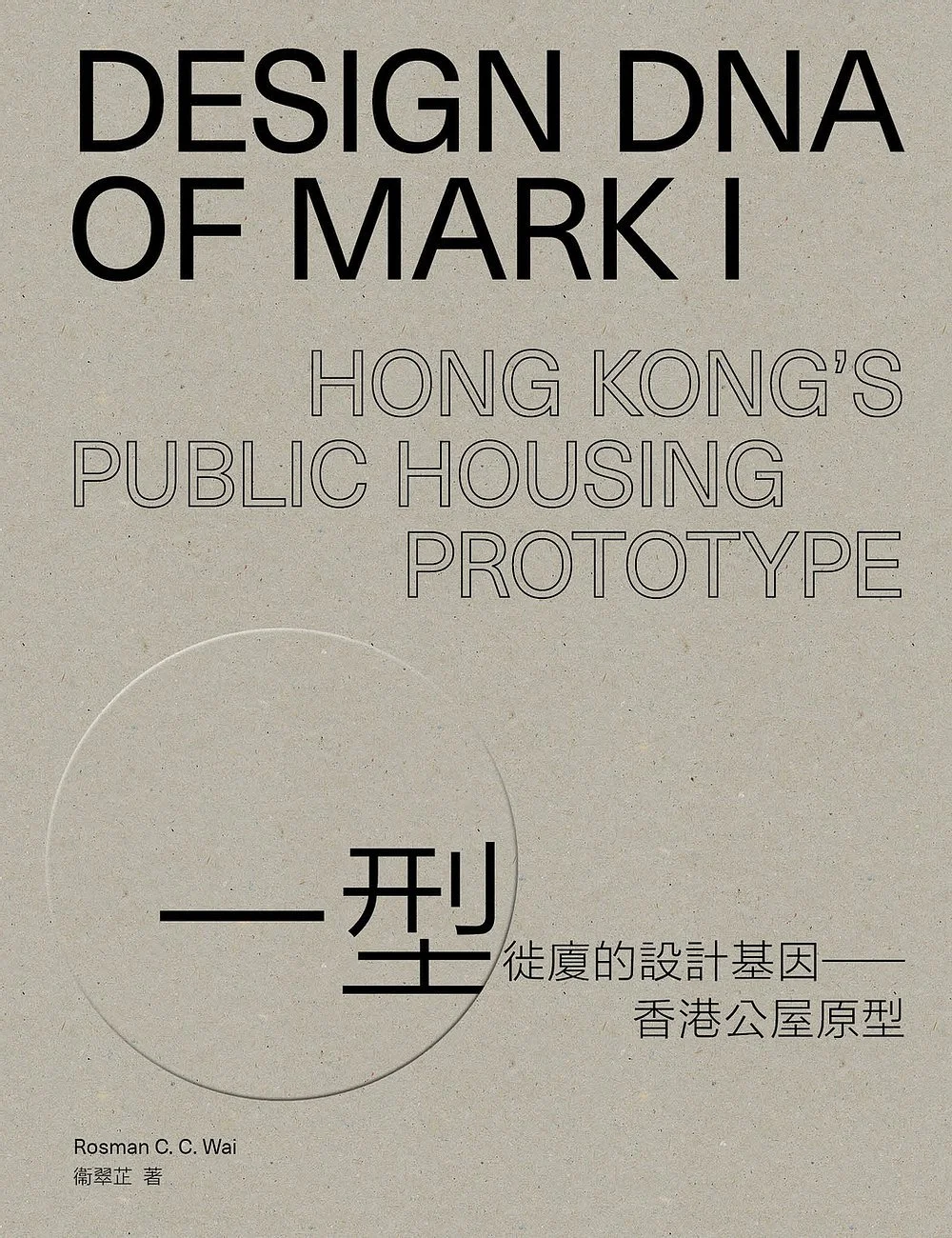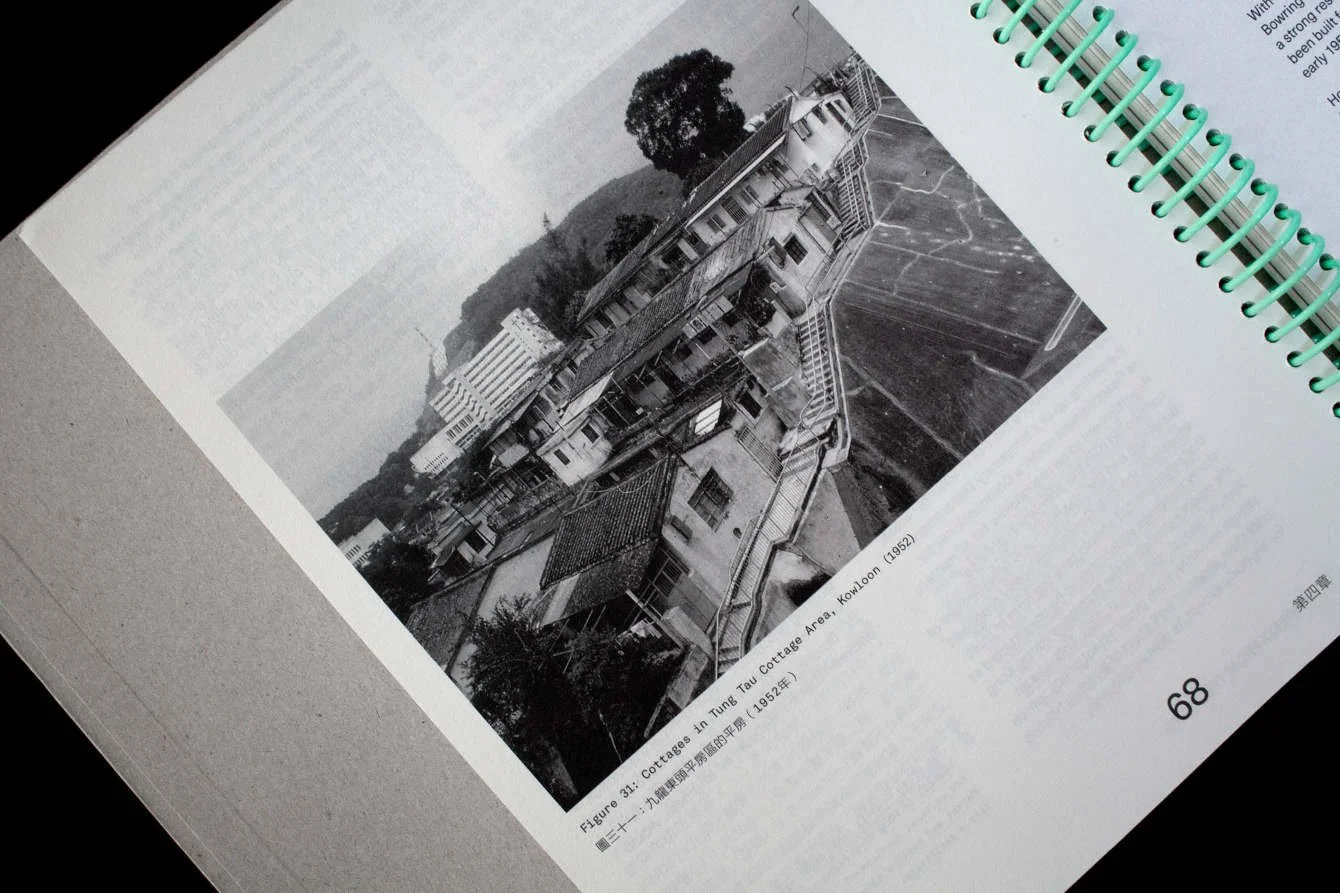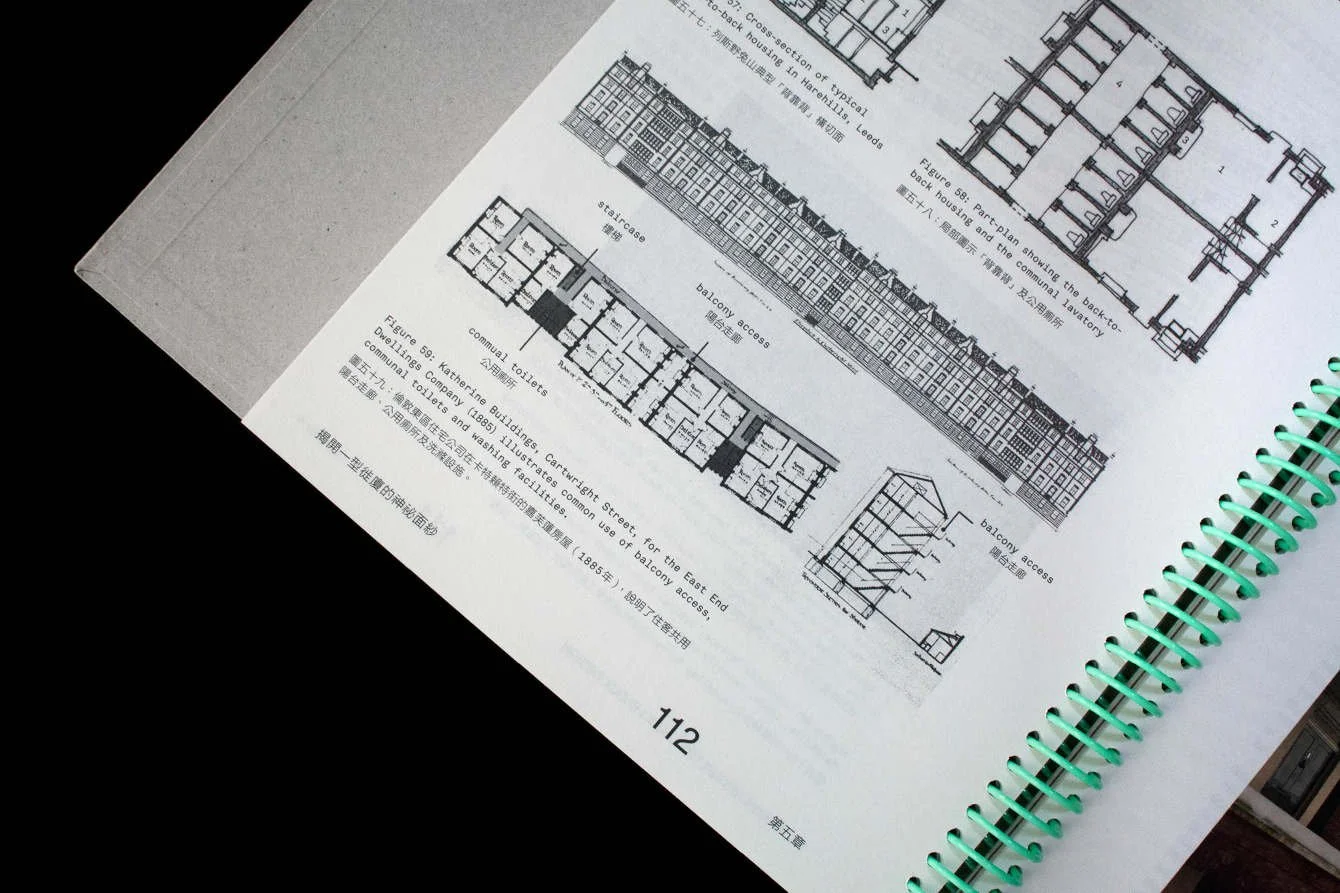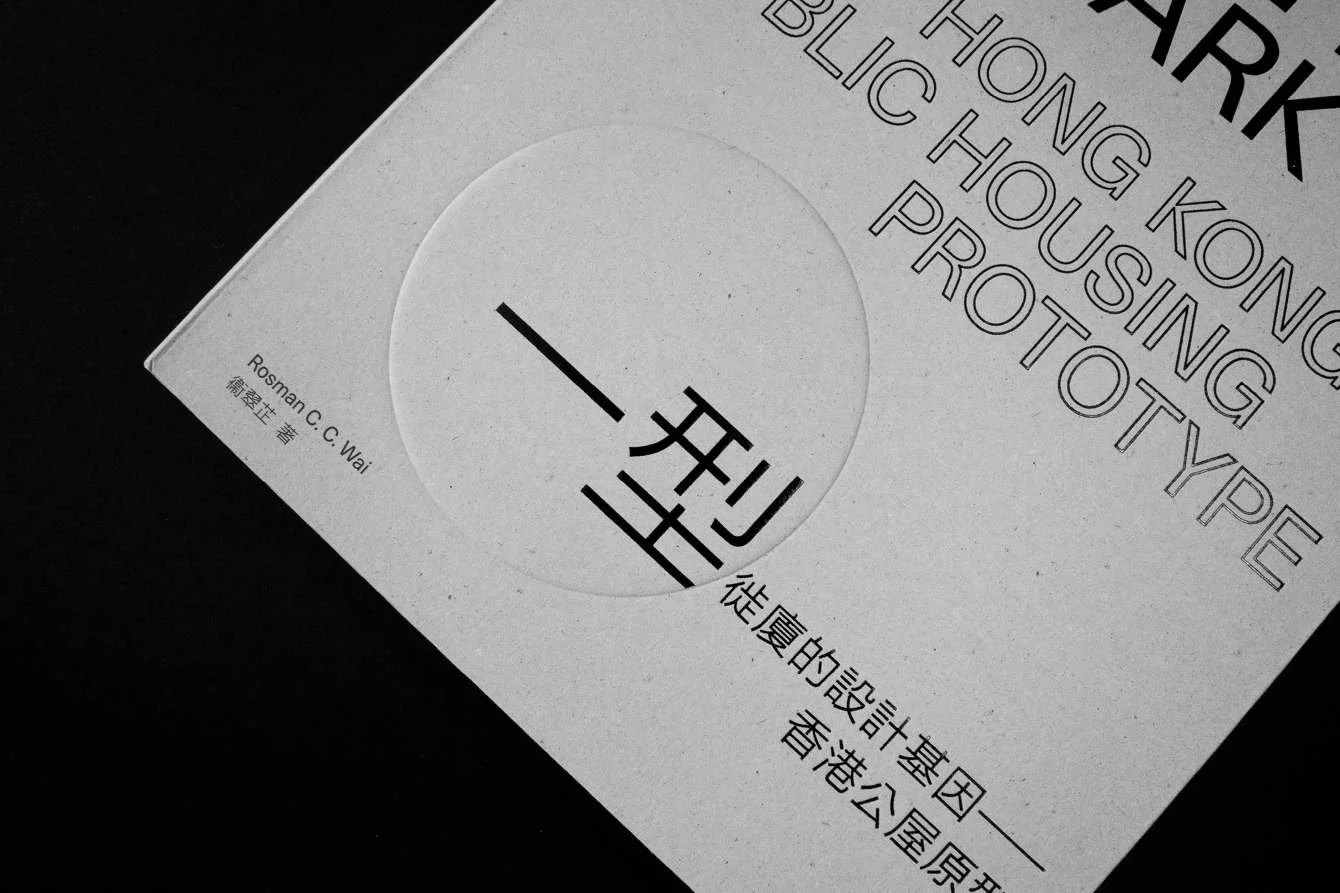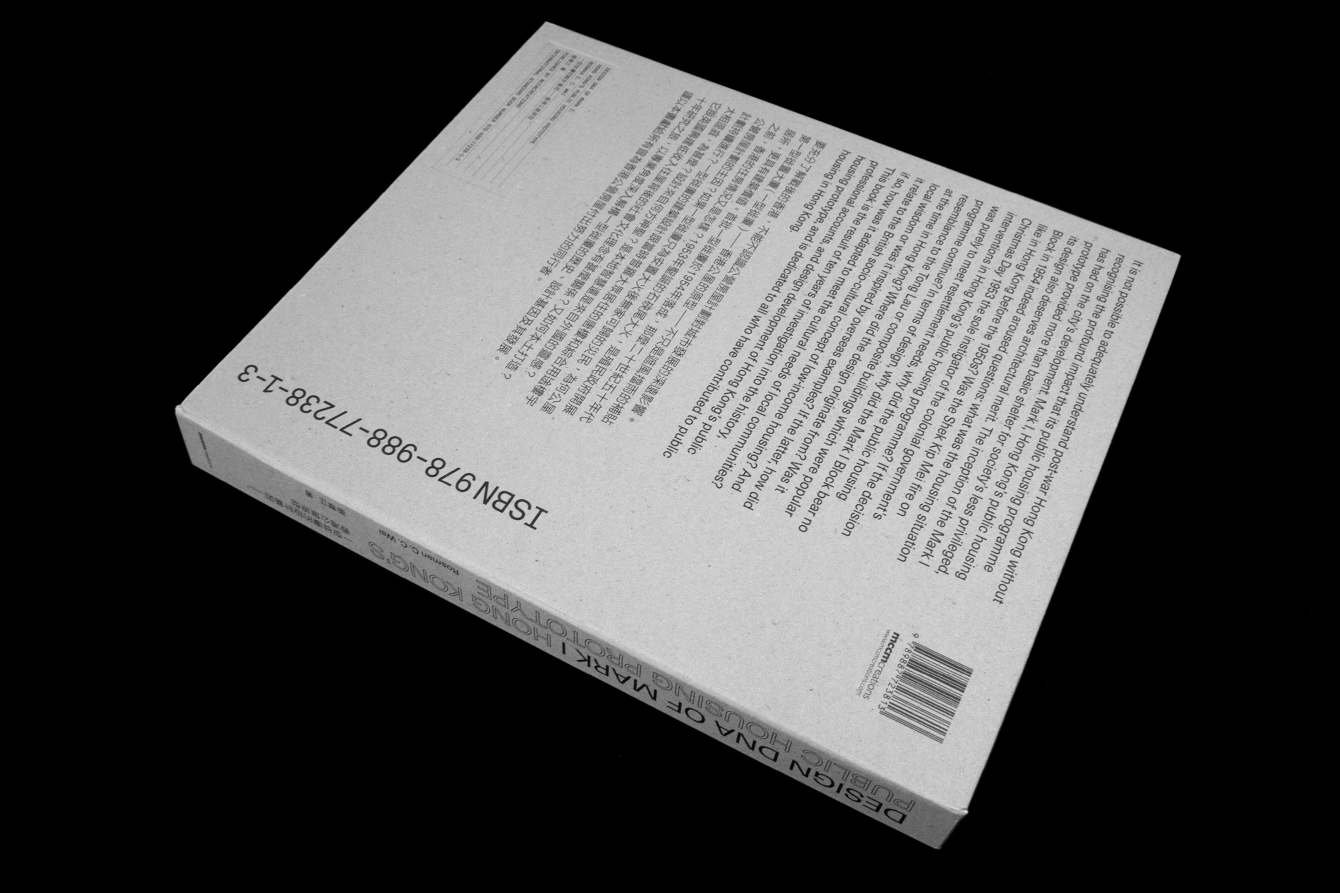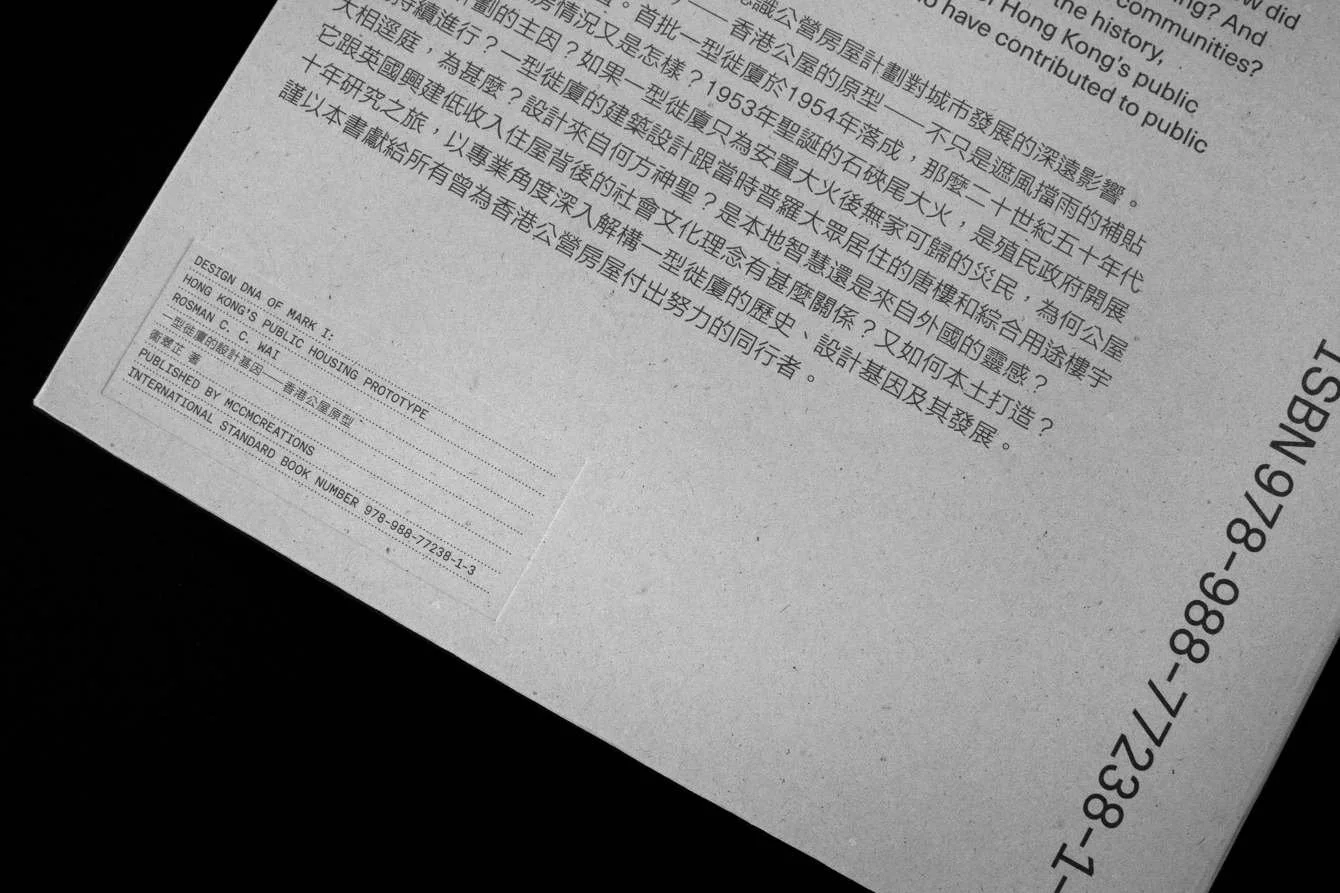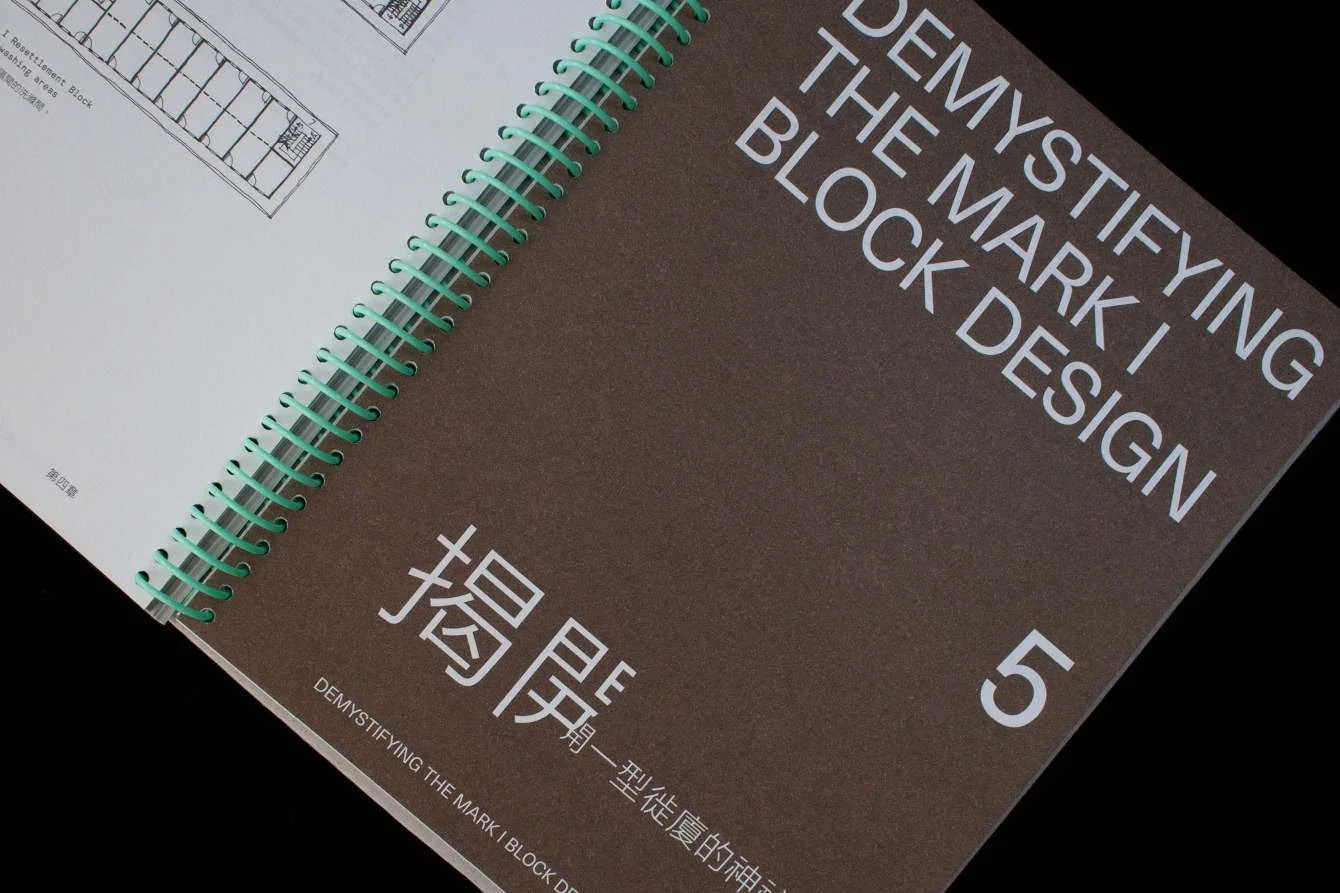Book: Design DNA Of Mark I: Hong Kong Public Housing Prototype 一型徙廈的設計基因-香港公屋原型 | Rosman C. C. Wai 衞翠芷
Book: Design DNA Of Mark I: Hong Kong Public Housing Prototype 一型徙廈的設計基因-香港公屋原型 | Rosman C. C. Wai 衞翠芷
Released in 2019 by Rosman C.C.Wai, published by MCCM
ISBN: 978-988-77238-1-3
176 pages
Hardcase. Spiral bound
W226mm x H270mm x D30mm
Bilingual (Chinese & English)
HKD$300
THE BEST ARCHITECTURAL BOOKS AWARD 2020
12th International DAM Architectural Book Award jointly initiated and presented by The Frankfurt Book Fair and the Deutsches Architekturmuseum (DAM).
It is not possible to adequately understand post-war Hong Kong without recognising the profound impact that its public housing programme has had on the city’s development. Mark I, Hong Kong’s public housing prototype provided more than basic shelter for society’s less privileged, its design also deserves architectural merit.
The inception of the Mark I Block in 1954 indeed aroused questions: what was the housing situation like in Hong Kong before the 1950s? Was the Shek Kip Mei fire on Christmas Day 1953 the sole instigator of the colonial government’s interventions in Hong Kong’s public housing programme? If the decision was purely to meet resettlement needs, why did the public housing programme continue? In terms of design, why did the Mark I Block bear no resemblance to the Tong Lau or composite buildings which were popular at the time in Hong Kong? Where did the design originate from? Was it local wisdom or was it inspired by overseas examples? If the latter, how did it relate to the British socio-cultural concept of low-income housing? And if so, how was it adapted to meet the cultural needs of local communities? This book is the result of ten years of investigation into the history, professional accounts, and design development of Hong Kong’s public housing prototype, and is dedicated to all who have contributed to public housing in Hong Kong.

